Leather Furniture Storage: Essential Guide to Climate-Controlled Protection
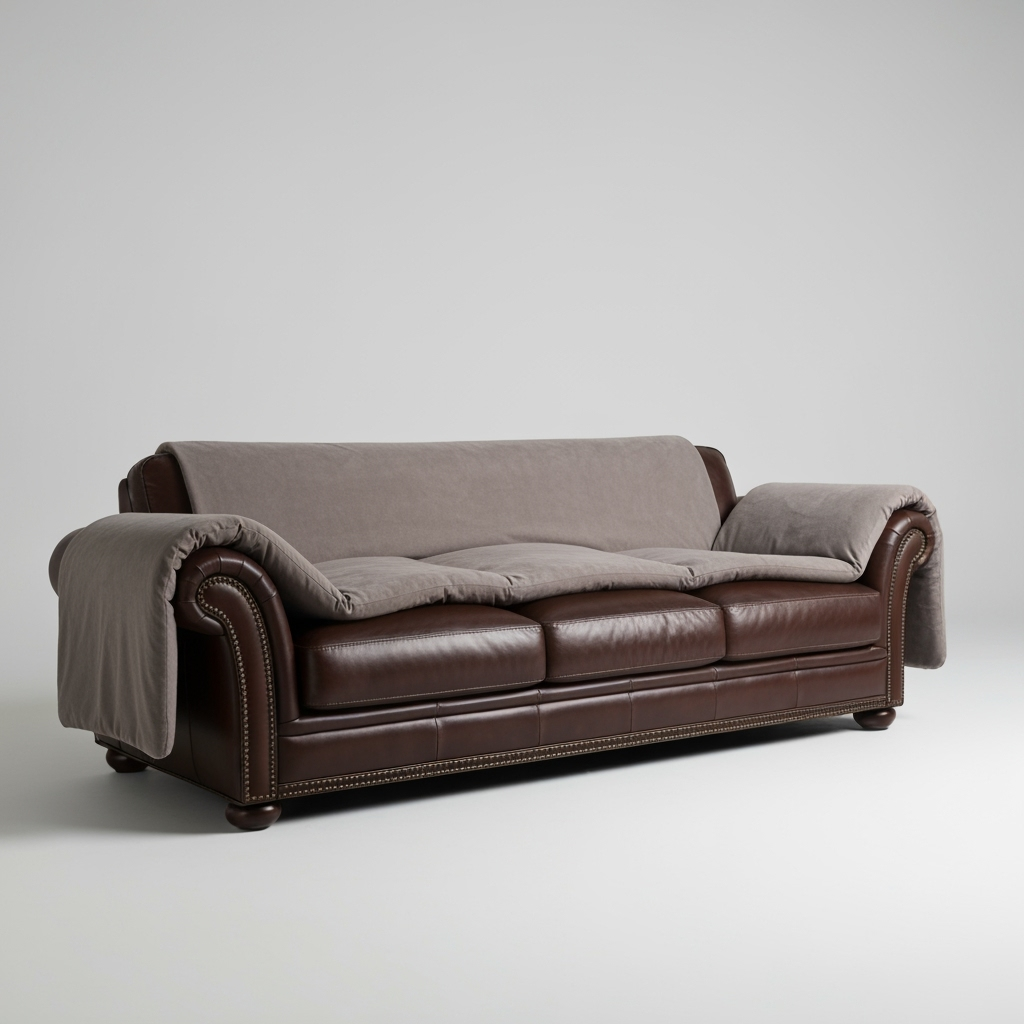
Leather furniture represents a significant investment in both style and comfort for your home. Whether you’re moving, renovating, or need temporary storage, protecting these valuable pieces requires specialized knowledge and the right storage environment. This comprehensive guide will walk you through the essential steps to ensure your leather furniture maintains its beauty and integrity while in storage.
Why Climate-Controlled Storage is Essential for Leather Furniture
Leather is a natural material that remains sensitive to environmental conditions long after processing. Without proper climate control, your leather furniture can suffer from various forms of damage:
- Moisture damage leading to mold and mildew
- Cracking and drying from excessive heat
- Color fading from humidity fluctuations
- Warping of underlying wooden frames
- Development of unpleasant odors
Optimal Storage Conditions for Leather Furniture
To maintain your leather furniture’s quality, aim for these ideal storage conditions:
- Temperature: 60-75°F (15-24°C)
- Relative Humidity: 45-55%
- Protection from direct sunlight
- Adequate air circulation
- Clean, dust-free environment
Preparation Steps Before Storage
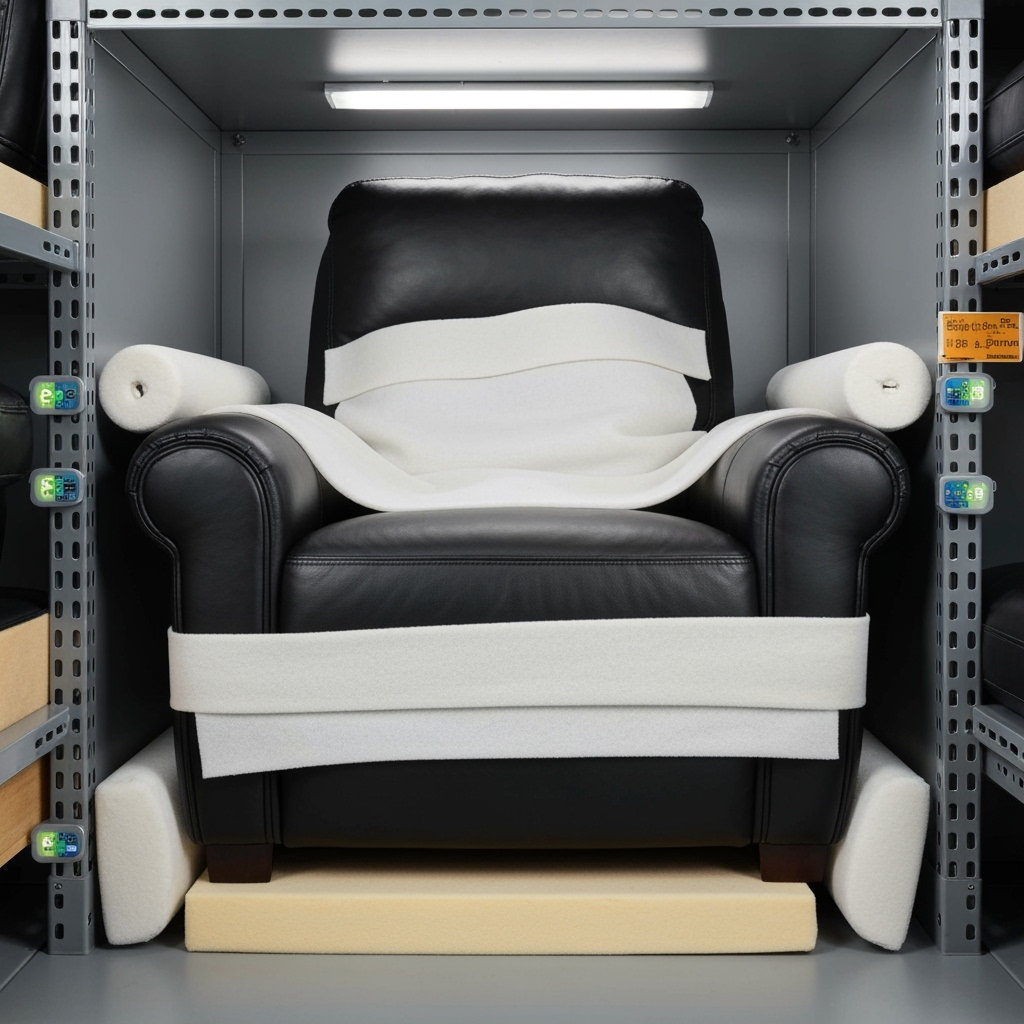
Before placing your leather furniture in storage, follow these essential preparation steps:
- Clean Thoroughly:
- Remove dust and debris
- Clean with appropriate leather cleaner
- Allow to dry completely
- Condition the Leather:
- Apply quality leather conditioner
- Focus on seams and high-wear areas
- Let absorb completely before storage
- Protect and Cover:
- Use breathable furniture covers
- Avoid plastic wrapping that traps moisture
- Apply protective padding at stress points
Storage Layout Best Practices
Proper positioning in your storage unit can significantly impact leather furniture preservation:
- Keep items elevated off the floor using pallets or blocks
- Maintain space between pieces for air circulation
- Avoid stacking items on leather surfaces
- Position away from walls to prevent moisture transfer
- Consider placement near climate control vents for optimal temperature regulation
Regular Maintenance During Storage
Even in climate-controlled storage, periodic maintenance helps ensure long-term preservation:
- Monthly inspections for any signs of damage
- Regular dusting and cleaning as needed
- Leather conditioning every 3-6 months
- Adjustment of position to prevent pressure points
- Monitoring of temperature and humidity levels
Signs of Improper Storage to Watch For
Be alert for these warning signs that may indicate storage conditions need adjustment:
- Musty odors indicating moisture problems
- Visible mold or mildew growth
- Cracking or peeling of leather surfaces
- Fading or discoloration
- Warping of furniture frames
Professional Storage Solutions
Consider these professional storage options for optimal protection:
- Climate-controlled storage units with 24/7 monitoring
- Professional furniture storage services
- Specialized leather furniture storage facilities
- Insurance coverage for stored items
Retrieving Your Furniture from Storage
When it’s time to bring your leather furniture out of storage:
- Inspect thoroughly for any damage
- Clean and condition before use
- Allow time to acclimate to room temperature
- Check all moving parts and mechanisms
- Address any issues promptly
Investment Protection Tips
Additional steps to protect your investment:
- Document condition with photos before storage
- Keep receipts and care instructions
- Consider additional insurance coverage
- Maintain detailed records of maintenance
Conclusion
Proper storage of leather furniture requires attention to detail and the right environment. Climate-controlled storage units offer the ideal solution for preserving these valuable pieces. By following these guidelines and maintaining regular care, your leather furniture can emerge from storage in excellent condition, ready to continue serving as beautiful and functional pieces in your home.




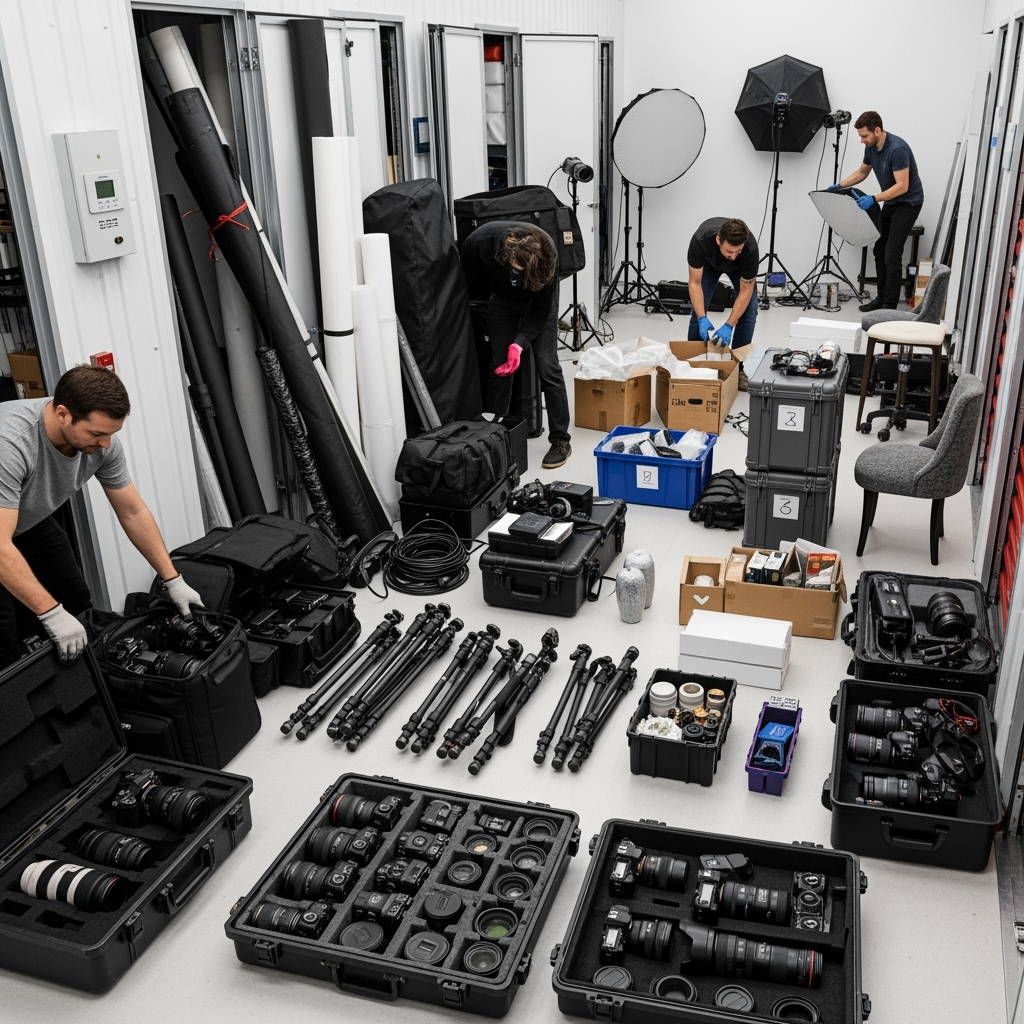

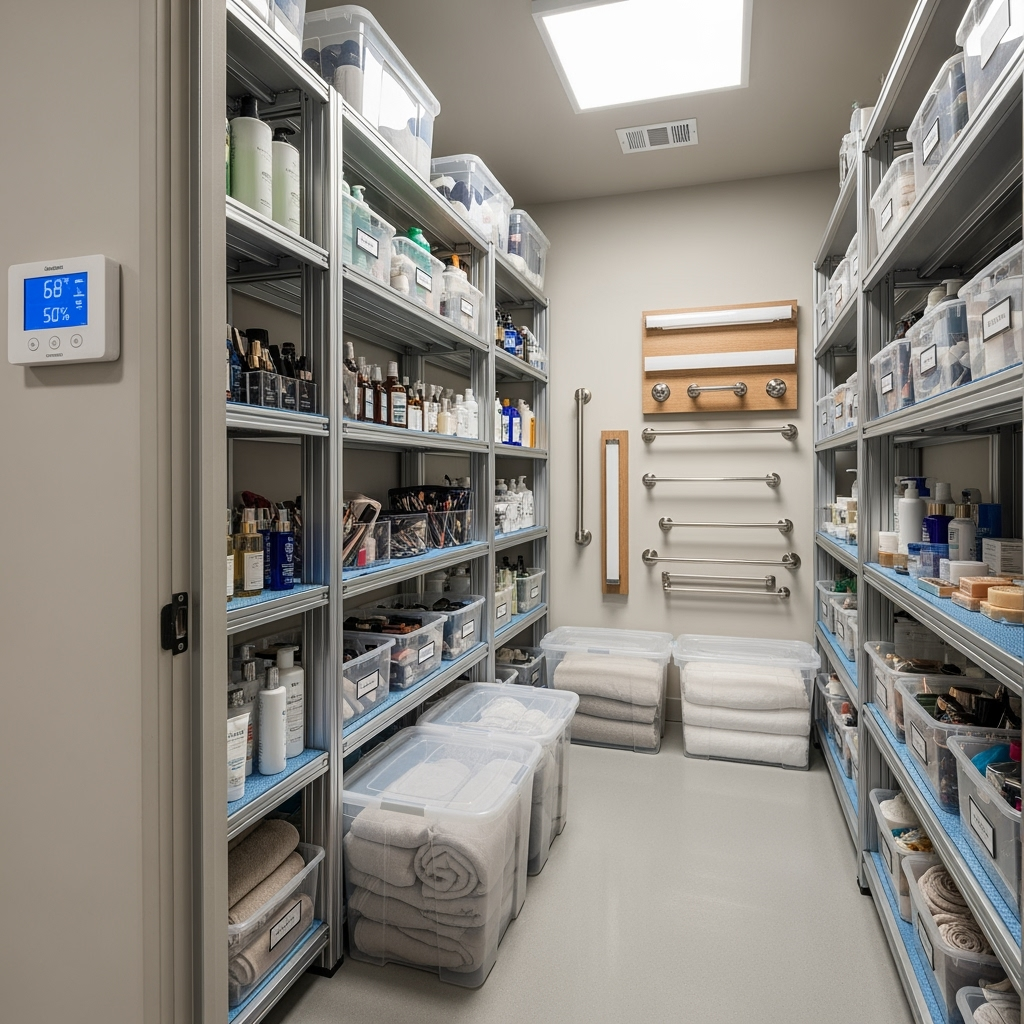
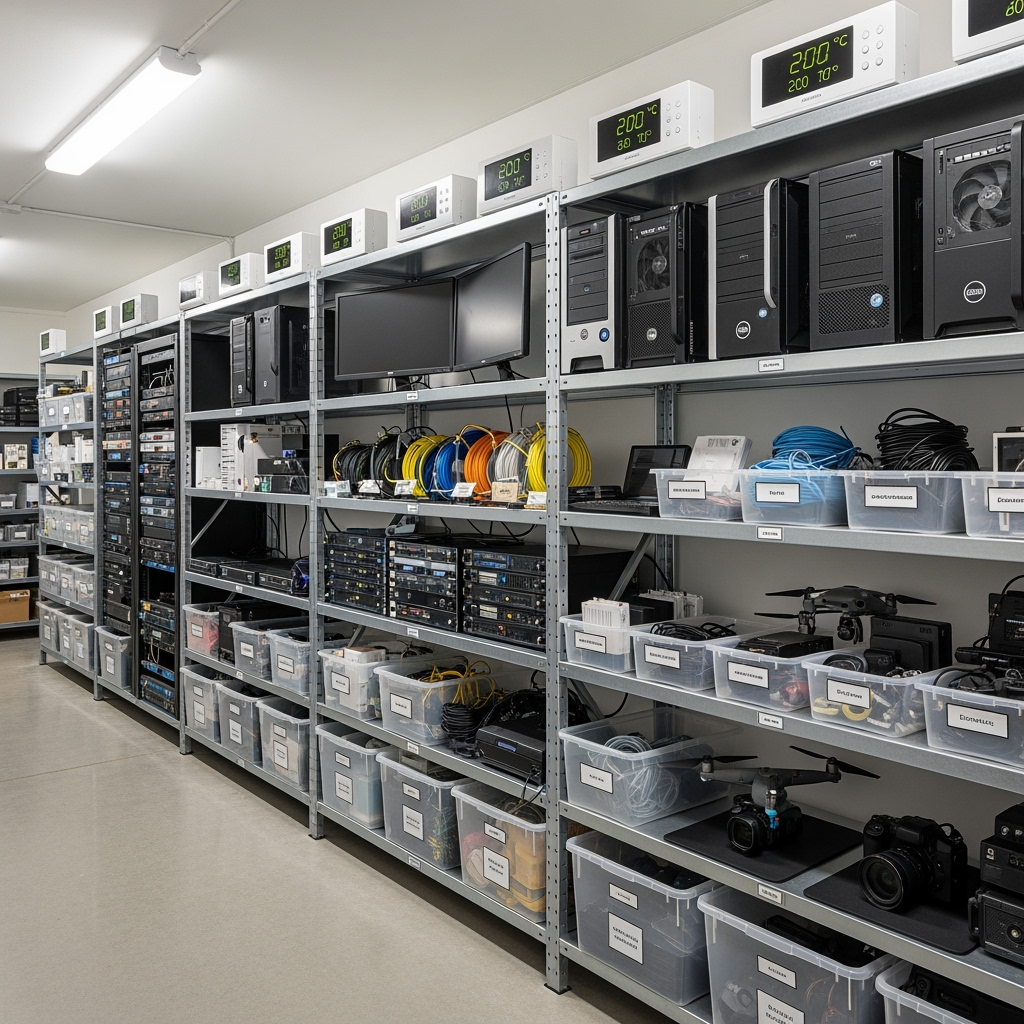
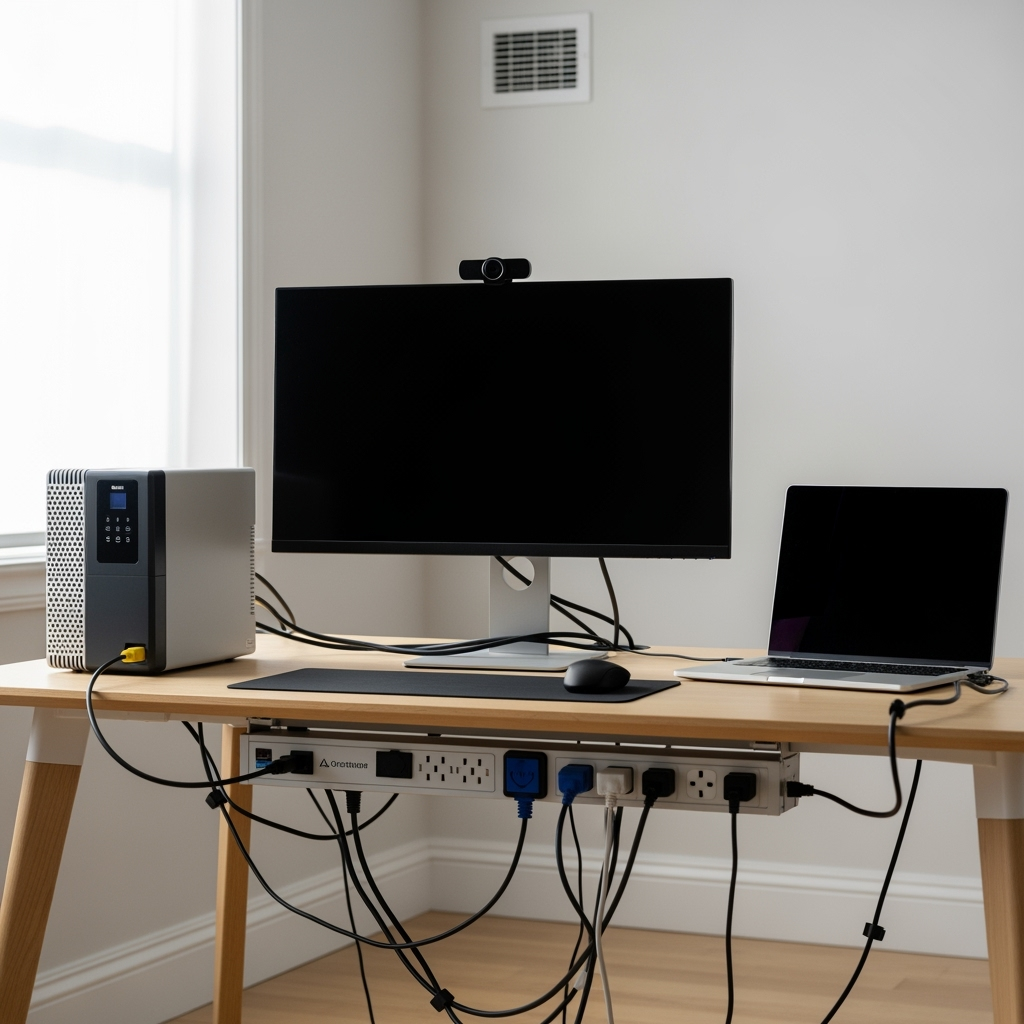
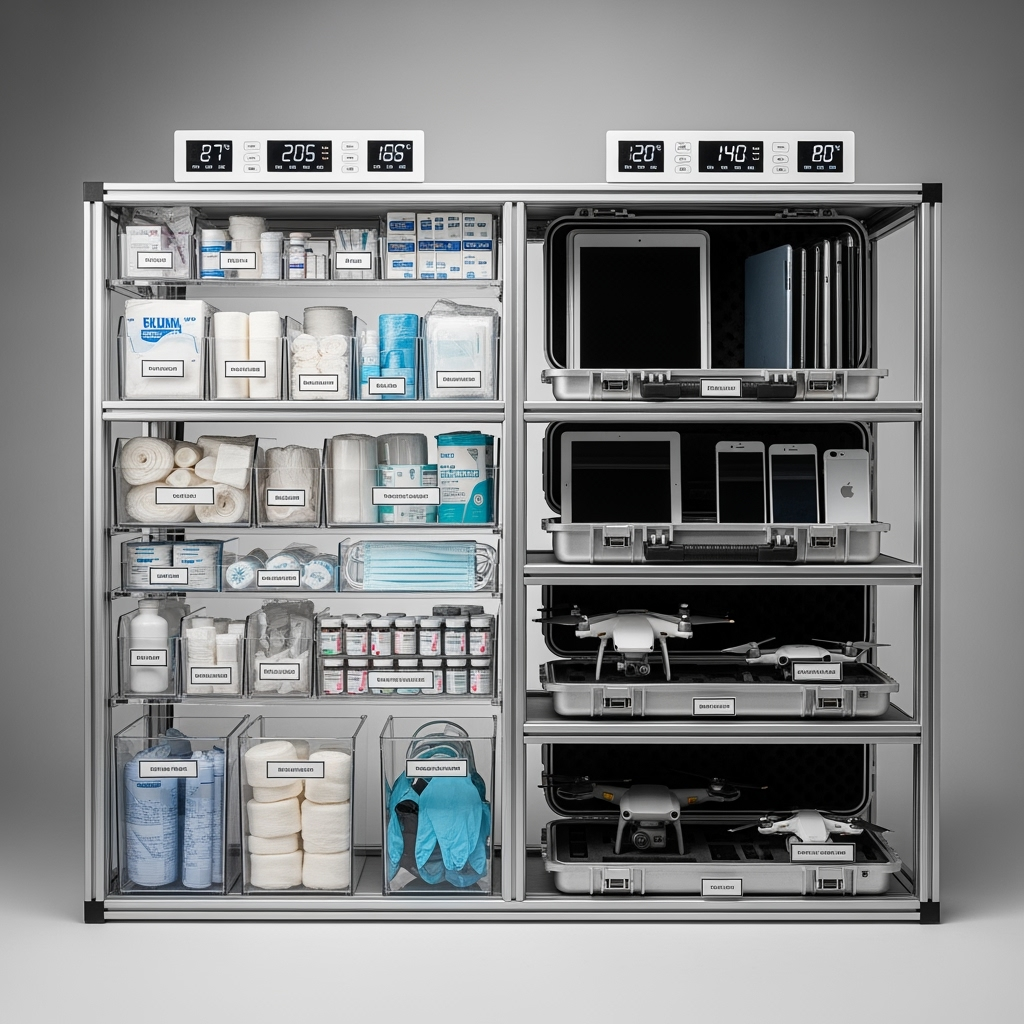
Leave a Reply